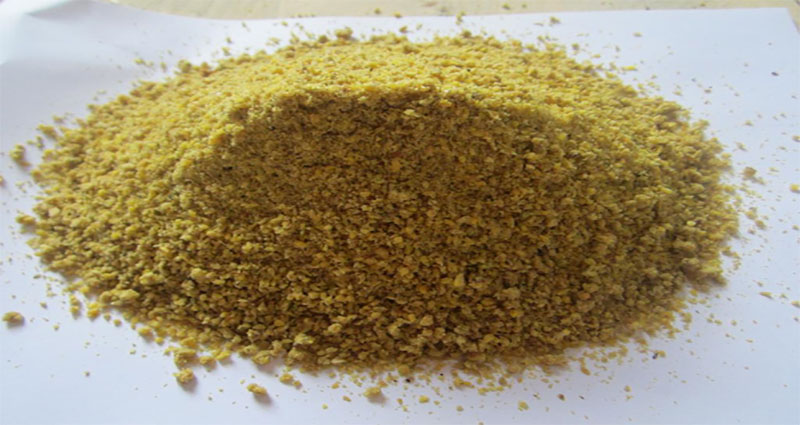PC is a form of phospholipid required for cell membrane function and is a fundamental structural component of cell membranes. It maintains the integrity and structure of the vital membranes while also controlling their fluidity. Phosphatidylcholinealso gives circulating lipoproteins shape and is necessary for lipid transport and metabolism.
Sunflowers phosphatidyl choline helps fat emulsification, absorption, and transportation by being a component of bile. PC is also a component of surfactants in the body, such as those found in the lungs and gastrointestinal system, protecting the epithelial-luminal interfaces.
Phosphatidyl cholinehelps in liver health support. It has been proven effective in treating alcoholic hepatic steatosis, drug-induced liver damage, and hepatitis. PC has a hepatoprotective effect, according to both human and animal research.
Sunflowers phosphatidyl choline may help the liver and detoxification in various ways, according to human and animal studies. PC has the following therapeutic effects on the liver:
- Hepatic inflammation is reduced.
- Liver enzymes linked to liver damage are reduced.
- protects against chemical toxins and side effects from pharmaceuticals
- Fat accumulation in the liver is reduced.
- Reactive oxygen species are reduced.
- Improves fibrosis and hepatic injury.
- Liver tissue structure and function are improved.
- Hepatitis B and C parameters are improved.
Health of Cell Membranes
The significance of Phosphatidyl choline for cellular health cannot be overstated since it is the most significant structural component of the cell membrane. PC functions as a precursor for intracellular messenger molecules that are crucial to cell signalling and hence affect cell function, in addition to providing structural support and controlling membrane fluidity.
The disease of the Cardiovascular System
Because it influences lipid transport and metabolism, PC supplementation might help preserve cardiovascular health. It may also serve as a source of methyl groups for homocysteine remethylation to methionine.
Nervous System
The neurological system and its impact on cognitive function is another crucial area where PC might be beneficial. Choline, which is obtained from phosphatidylcholine, is required to synthesise acetylcholine, a neurotransmitter involved in muscle control, circadian rhythm, memory, and a variety of other brain activities.
Phosphatidyl choline Sources
Phosphatidyl choline can be made in the body or obtained through food. Soy or sunflower lecithin is the most popular source of supplemental PC. PC is made in the body from dietary choline through the CDP-choline route or from the methylation of another phospholipid, phosphatidylethanolamine.
Phosphatidyl choline Is a Detox
Sunflowers phosphatidyl choline is an excellent option for repairing and protecting liver cells as part of a detoxification program. Its primary involvement in detoxification is a structural component of liver cell membranes, which are prone to damage from alcohol, pharmaceutical medicines, pollutants, viruses, and other toxins. PC – the fundamental building component of these cell membranes – may help with detoxification and liver function.
Sunflowers phosphatidyl choline suppliers aids in a variety of bodily activities, including fat metabolism and cell structure maintenance. Food sources such as eggs, red meat, and whole grains may provide enough, and food sources are the best initial option. The second alternative is to take supplements and choose your brand after researching reputation and quality.









